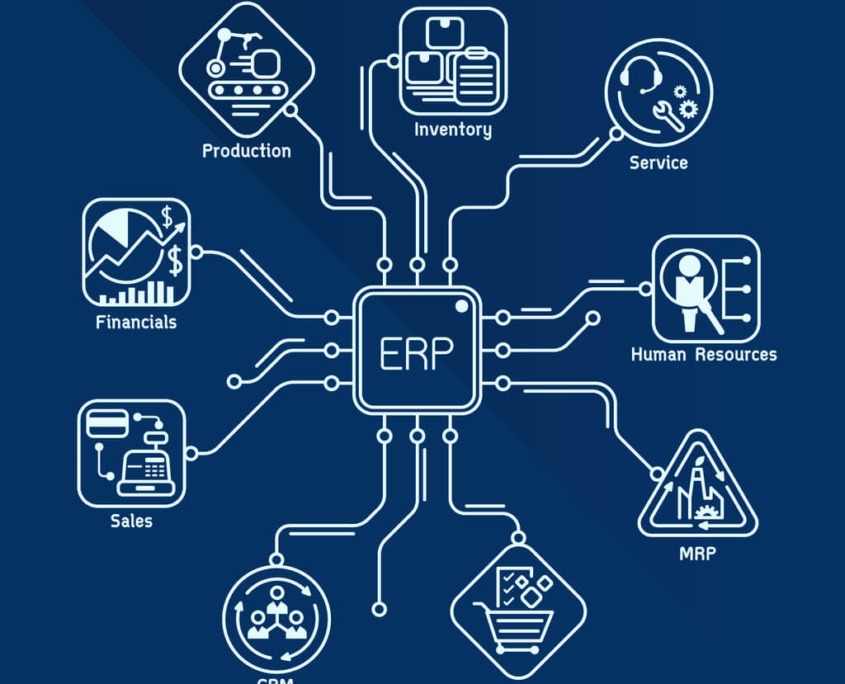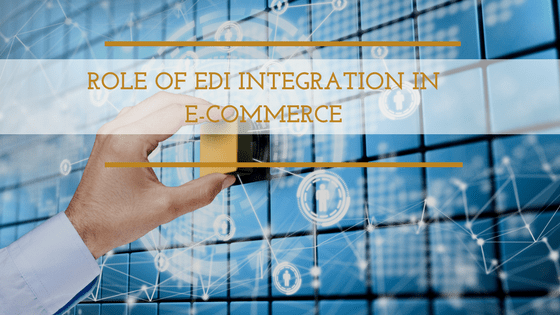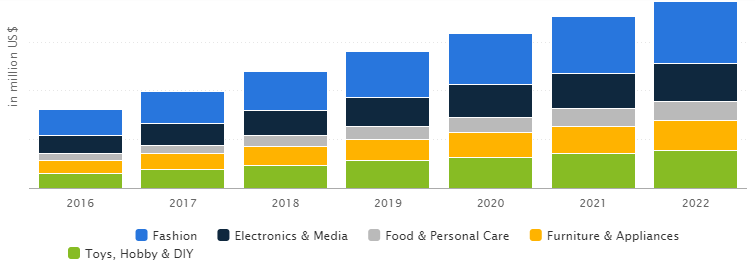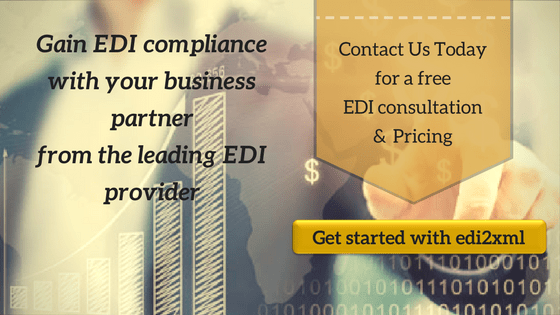Integrating e-commerce platforms with existing ERP/CRM systems can be challenging for businesses. While the opportunity to streamline operations and improve the customer experience is tempting, there are several common challenges that often arise during the integration process.
We, as a company that has been successfully working in the field of systems integration as well as e-commerce integration for more than 24 years, have encountered many different situations.
In this blog post, we’ll explore common challenges businesses face during e-commerce integration and provide practical solutions and best practices to overcome them.
Common Challenges and Solutions in E-commerce Integration
E-commerce and ERP/CRM Data Synchronization Issues
One of the primary challenges in e-commerce integration is ensuring seamless data flow between the e-commerce platform and the ERP/CRM system. Keeping product catalogs, inventory levels, and customer profiles up-to-date across platforms can be daunting.
Mismatched data formats, inconsistent data structure, and disparate databases can lead to synchronization challenges.
Solution:
Implement a real-time data synchronization using APIs (Application Programming Interfaces) or middleware solution like Magic xpi that act as data bridge between systems, ensuring data consistency and synchronization in real-time. Establish clear data mapping and transformation rules to standardize data formats across platforms.
E-Commerce Platform Compatibility
When it comes to platform compatibility challenges in e-commerce integration, businesses often face the hurdle of integrating different e-commerce platforms with their existing ERP/CRM systems. Each e-commerce platform, whether it’s Shopify, Magento, BigCommerce or others, may have unique data structures, APIs, and functionalities, making seamless integration a daunting task.
Solution:
To overcome this challenge, we at Namtek Consulting Services use Magic xpi integration platform, which provide robust capabilities to connect disparate systems and bridge the gap between various e-commerce platforms and ERP/CRM systems.
Magic xpi is an enterprise-grade integration platform that offers pre-built connectors and adapters for popular e-commerce platforms, including Shopify, Magento, BigCommerce, and many others.
Magic xpi offers a library of pre-built connectors for a wide range of e-commerce platforms, eliminating the need for custom development or manual integration efforts.
Pre-built connectors are designed to handle the specific data structures and APIs of each platform, ensuring smooth communication and data synchronization between the e-commerce platform and the ERP/CRM system.
USEFUL READING: E-commerce integration: How to integrate Shopify, BigCommerce, Magento, with ERP/CRM systems
Scalability and Performance
As businesses grow, scalability becomes a critical factor in e-commerce integration. Ensuring that the integrated systems can handle increasing transaction volumes and user traffic is essential for long-term success.
Solution:
Invest in scalable infrastructure and cloud-based solutions that can accommodate growing business needs. Conduct regular performance testing and optimization to identify and address potential bottlenecks before they impact the customer experience.
Our fully managed e-commerce integration service adapt to changing needs, allowing you to expand without disruptions.

E-commerce Integration and Security and Compliance
Protecting sensitive customer data and ensuring compliance with regulations such as GDPR (General Data Protection Regulation) or PCI DSS (Payment Card Industry Data Security Standard) is paramount in e-commerce.
Solution:
Implement robust security measures, including data encryption, access controls, and regular security audits, to safeguard customer information. Stay informed about relevant compliance requirements and work with trusted IT provider to ensure adherence to regulations.
Moreover our clients can, leverage compliance services to effortlessly attain and maintain the highest standards of compliance and security without the need for extensive internal resources or compliance expertise.
We, at Namtek Consulting Services empower SMBs to easily meet their cybersecurity compliance requirements, whether an audit is mandatory or not. Our Compliance Services support seamless compliance across 35+ frameworks, including SOC 2, ISO 27001, FedRAMP, GDPR, HIPAA, and more.
Best Practices for Successful E-commerce Integration
Thorough Planning and Strategy:
Start by clearly defining your integration goals and requirements. Consider factors such as data synchronization, workflow automation, and system scalability. Work closely with your integration service provider, such as Namtek Consulting Services, to develop a comprehensive integration strategy aligned with your business objectives.
Choose the Right Integration Partner:
Selecting the right integration service provider is crucial for successful e-commerce integration. Look for a provider with a proven track record of delivering seamless integrations, expertise in working with various e-commerce platforms and ERP/CRM systems, and commitment to customer satisfaction.
We, at Namtek offer to our customers end-to-end integration solutions tailored to its specific needs, ensuring a smooth and efficient integration process.
Utilize Standardized APIs:
Leverage standardized APIs (Application Programming Interfaces) provided by e-commerce platforms and ERP/CRM systems to facilitate seamless data exchange. Standardized APIs help streamline integration efforts and ensure compatibility between systems.
We specialize in building custom integrations using standardized APIs, ensuring interoperability and data consistency across platforms.
Data Mapping and Transformation:
Invest time in defining clear data mapping and transformation rules to ensure consistency and accuracy across integrated systems. We work with our clients to map data fields between e-commerce platforms and ERP/CRM systems, taking into account differences in data structures and formats. Namtek Consulting Services offers expertise in data mapping and transformation, ensuring that data flows smoothly between systems.

Continuous Monitoring and Optimization:
Continuously monitor the performance of your integrated systems and identify areas for optimization and improvement. Regularly review integration processes, workflows, and data flows to ensure efficiency and reliability. Partner with your integration service provider to proactively address any issues and optimize system performance.
We provide fully managed e-commerce integration services that offer ongoing support and maintenance to keep your integrated systems running smoothly and efficiently.
By following these best practices and partnering with a reliable integration service provider like Namtek Consulting Services, you can achieve successful e-commerce integration that drives business growth, enhances operational efficiency, and delivers exceptional customer experiences.
Choose the Right Integration Approach:
Choosing the right integration approach for e-commerce integration with your ERP/CRM system is crucial for streamlining processes and ensuring a seamless customer experience. Let’s explore some options:
Custom Integrations:
Custom integrations involve building your own core integration between your e-commerce platform and ERP/CRM system.
How It Works: Skilled programmers match the API code of your e-commerce software with the ERP/CRM system you want to integrate. This approach allows for tailored solutions but requires technical resources and time.
- Pros: Customization, flexibility, and alignment with specific business needs.
- Cons: Development time, ongoing maintenance, and potential complexities.
- Example: If you have unique requirements, custom integrations allow you to address them precisely.
Vendor-Built or Native Integrations:
These are out-of-the-box integrations provided by vendors, allowing you to connect specific applications directly.
How It Works: For instance, many tools today offer native integrations with popular e-commerce platforms like Shopify. These integrations cover common use cases.
- Pros: Quick setup, predefined functionality, and minimal ongoing maintenance.
- Cons: Limited customization; may not address all unique business needs.
- Example: If your requirements align with standard use cases, native integrations are efficient.
USEFUL READING: Shopify Private or Public app: What’s Best for ERP Integration
Integration Platform as a Service (iPaaS)
iPaaS is a cloud-based solution like Magic xpi that builds and deploys integrations.
How It Works: Organizations create workflows connecting cloud-based applications without managing hardware. iPaaS simplifies integration deployment.
- Pros: Scalability, ease of use, and reduced development effort.
- Cons: May not cover highly specialized scenarios.
- Example: Leverage iPaaS to streamline and automate the order-to-fulfillment processes between your e-commerce store and ERP/CRM system.
The choice depends on factors like your business requirements, budget, and timeline. We can help you evaluate each approach based on your specific needs to make an informed decision! Just book a free consultation with one of our integration experts.
Conclusion: E-commerce Integration
E-commerce integration is essential for businesses aiming to provide a seamless customer experience and streamline operations. By understanding the challenges and following best practices, companies can successfully navigate the complexities of integrating e-commerce platforms with ERP/CRM systems. Remember that each business is unique, so tailor your approach to your specific needs and goals.








